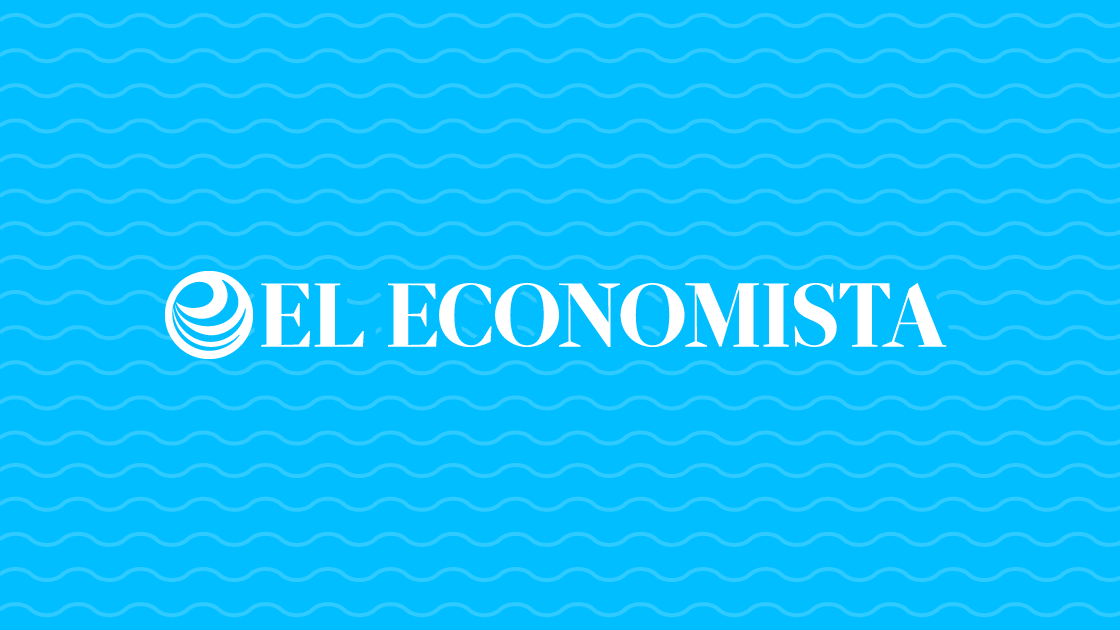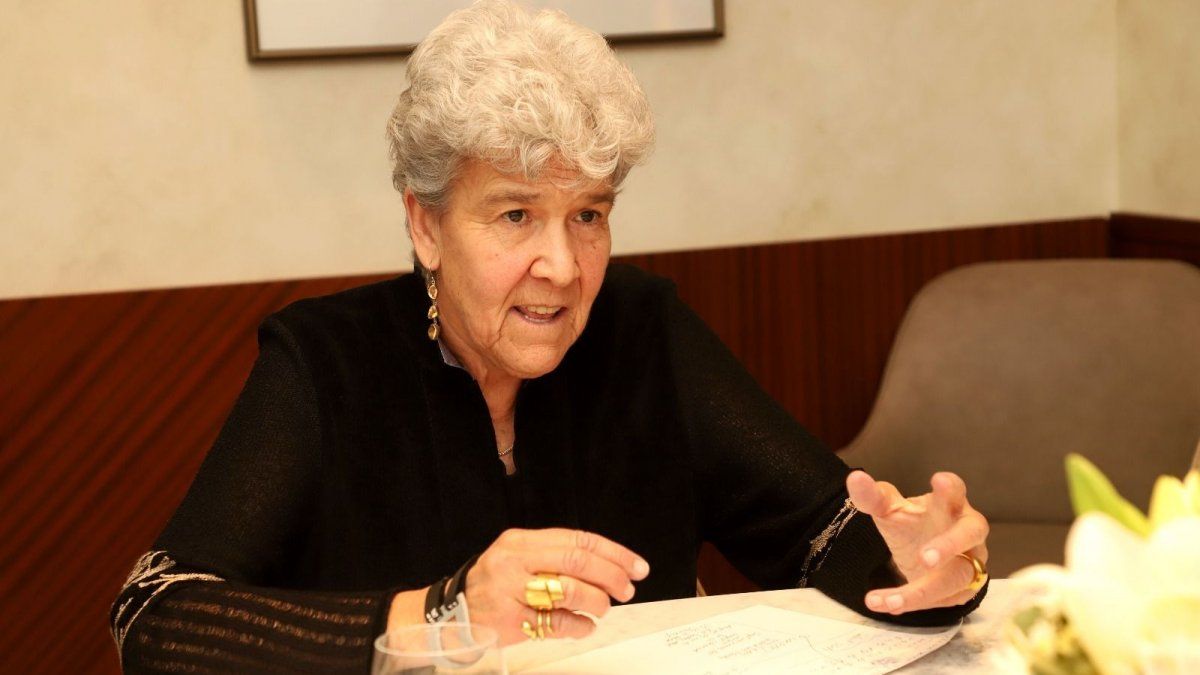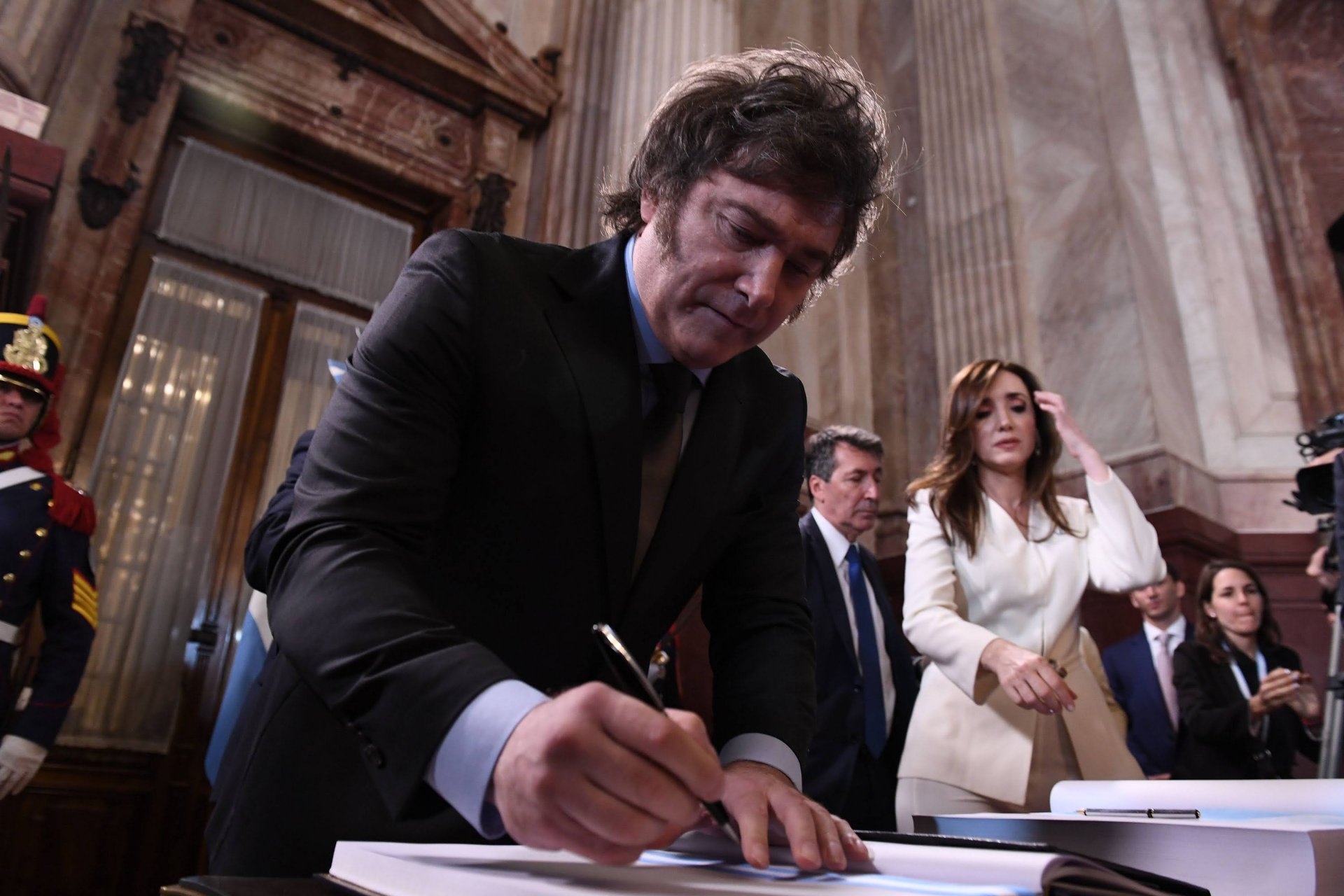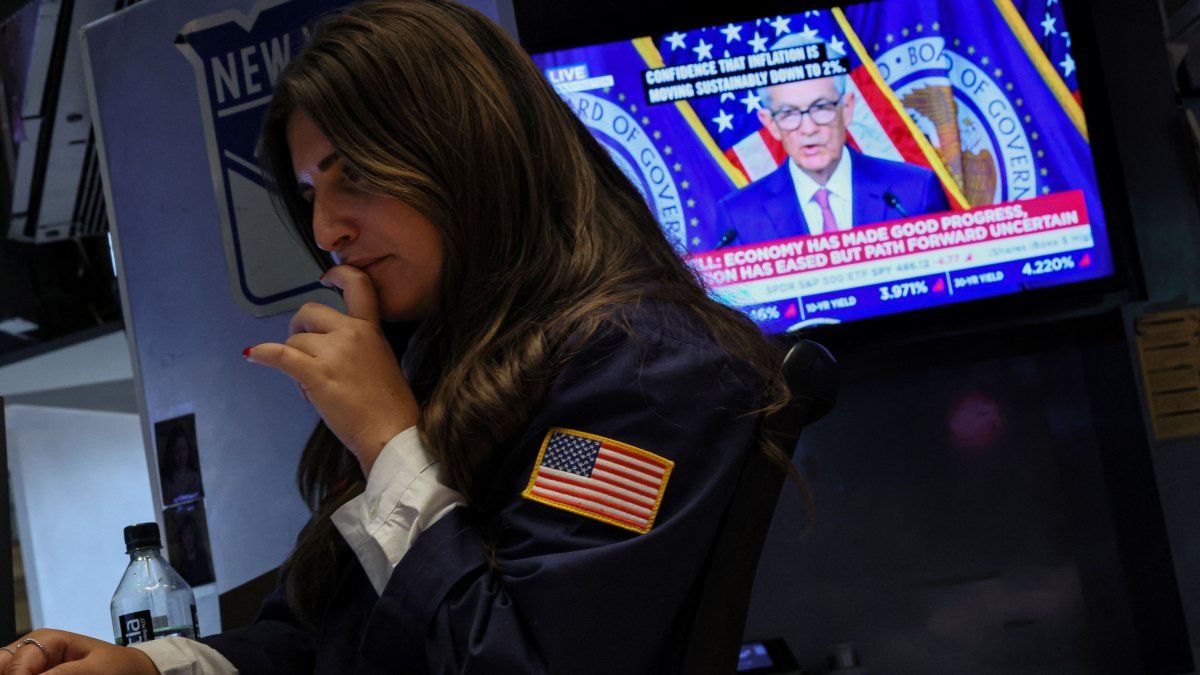Vacations, Unemployment and Competitiveness | The Economist

According to Article 24 of the Universal Declaration of Human Rights, everyone has the right to rest, to enjoy free time, to reasonable limitation of work time, and to periodic paid leave, a status guaranteed by countries that when mandatory rest days are set.
Based on the foregoing, an analysis conducted by the Organization for Economic Cooperation and Development (OECD) revealed the number of mandatory rest days for member states of the organization, focusing primarily on Japan with 19 days, followed by Chile and Korea. And Slovakia with 15, Spain, Malta and Turkey 14, the United States is in eighth place, along with Belgium and Norway with ten days, and in last place, Mexico with only 7.
It is remarkable that Japan has more mandatory holidays than our country and is more competitive than us. According to the Global Competitiveness Ranking of 2020 by the Global Competitiveness Center (IMD-WCC), Nippon was ranked 34th in the world (-4) compared to 2019, while Mexico was ranked 53, (-) 3 places compared to the previous year, which leads me to put forward The next question, dear reader, if we have less free time in our country, and therefore work more, then why are we not more competitive?
The answer is very simple, working more is not synonymous with increasing productivity, and using resources efficiently in the production process, if so; Something that would not have been very evident in our country if we considered that most people see something rare being met timelines or that people do not do it beyond what their responsibilities require. According to the World Economic Forum, competitiveness is a set of institutions, policies and factors that determine the level of productivity of a country, that is, it is not only related to the acceleration of the production mechanism, but also means the interaction of other factors and institutions.
This interaction includes the citizens, who lead the economic cycle through their work, but also with the rest of them, as the latter is an economic driver from the point of view of consumption. Holidays and days of rest are times of high consumption, which leads to increased demand which, in the short term, leads to a revitalization of the economy, forming a new crossroads. If vacations and the rest revitalize the economy, should working time be reduced in the country, but will the reduction in working time have a negative impact on the level of competitiveness? Either way, the answer depends.
The situation in the country is not the most prosperous one, so there are several things to consider before making any decision and not only from an economic policy standpoint, but also from a personal finances point of view, let me clarify. Of course, an increase in consumption is desirable given that: higher consumption = higher supply = economic revitalization; However, equality is not possible under our circumstances.
According to INEGI, 2.4 million people left the Economically Active Population (EAP), rising from 57.8 million to 55.5 million and during the peak of the epidemic, 12 million people also left, of the latter, 10 million have recovered as of February 2021 How do you generate consumer spending with these numbers, If you think it’s enough to spend and use the cards, from a personal finances point of view, how do you plan to pay that money if you don’t have a job? The worst mistake is making a hole for another cover.
Even when the Federation of National Chambers of Commerce, Services and Tourism expects an economic spill of more than 26,000 million pesos and 7 million visitors in various destinations, it is a benefit in the short term, which will be of little use if we want it. You did not have a change in the real path and decided that first and foremost, it gives the advantage of accessing investments that create jobs and when they become more efficient in the use of resources, that is, be more competitive, then we can discuss whether the business can be modified today.
─ The author is an academic from Panamericana University’s School of Government and Economics, a consultant in economics and public administration issues, founding director of El Commentary of the Day and host of the Voces Universitarias program.

“Award-winning zombie scholar. Music practitioner. Food expert. Troublemaker.”


/cloudfront-eu-central-1.images.arcpublishing.com/prisa/X33WQ3GSYFF3DBKJDAVIGHN3DA.jpg)





:quality(70)/cloudfront-us-east-1.images.arcpublishing.com/elfinanciero/YDG4472QRJGMPHNKW6S4XD76GI.jpeg)
